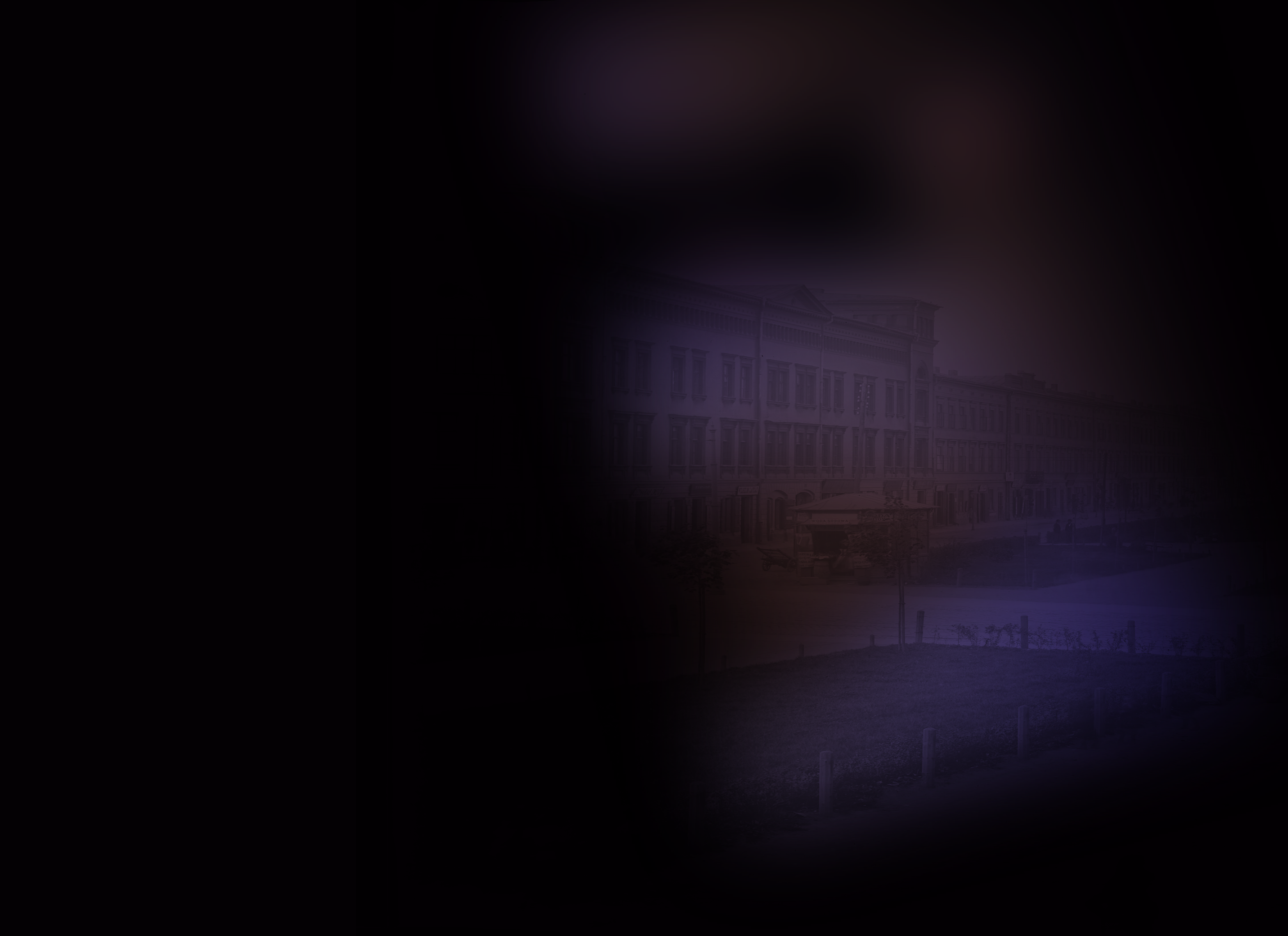
Mikołaj Trzaska
Short bio
Mikołaj Trzaska – saxophonist, bass clarinettist and film music composer. He emerged from Yass, a social and artistic movement that unabashedly challenged the rigidity of the institutionalised mainstream of Polish jazz in the 1980s and 1990s. Trzaska was one of the co-founders of the most important Yass group Miłość and the Łoskot band. He became one of the most important leaders of the Polish scene, but also worked with a leading group of international improvisers. After the Jass period, he recorded several albums with the famous bass and drums duo Oleś brothers. He also accompanied poets such as Marcin Świetlicki and Jurij Andruchowycz and created musical and literary projects with the famous Polish writer, journalist and critic Andrzej Stasiuk.
He currently collaborates with many ensembles, including his own international trio Volumen, Ken Vandermark’s Resonance Ensemble, Magic with Joe McPhee and the unique Trio Shofar with Raphael Rogiński and Macio Moretti, which explores new, unique perspectives of improvisation in traditional Jewish music. He established himself as an award-winning film music composer and collaborated with director Wojciech Smarzowski. But his main goal of self-realisation is rooted in radical free jazz: he travels the world and collaborates with some of the world’s greatest improvisers, such as Peter Brötzmann, Joe McPhee and Ken Vandermark.
READ THE INTERVIEW WITH MIKOŁAJ TRZASKA
WATCH THE TRAILER OF THE DOCUMENTARY FILM ABOUT MIKOŁAJ TRZASKA
What role does the issue of identity play in your work?
For artists, identity—our lost, forgotten identity—involves recreating things that happened in the past and remembering them better, even if they never occurred. It is a kind of supplementing our missing history with the imagination that frees itself in contact with art.
And what about Jewishness?
Whether one is an artist or not, identity is a fundamental issue. It’s important not to confuse it with nationalism. Identity can be very diverse but must be discovered. It’s not about inventing identity but uncovering it, standing “bare” with it.
We have different identities—Jewish, and Polish. They come with both good and bad memories, but it’s crucial for the entire history to be illuminated, even if we have to build something on the ruins. In my work, this is fundamental. Of course, my story is a Jewish story. Someone once even called me—perhaps ironically, humorously—a “professional Jew.”
I’m not reproducing or trying to reconstruct something; rather, I’m trying to find what exists now. My Jewishness is tied to the Holocaust, so I seek a way out of that darkness into brightness. It’s a process I’ve committed to. Showing externally that internal work is important is our duty—to ourselves and others. It may sound lofty, but perhaps it’s a kind of mission.
What role does networking (environmental, social, artistic, activist, etc.) play for you?
This is a difficult topic. On one hand, I care deeply about not closing ourselves off in areas related to nationality or origin. On the other hand, we must ensure some kind of continuum. I’m delighted to encounter the youthful strength, sharpness, and openness of young people who seek clear places and find them in relationships. They want to be in various relationships—friendships, and partnerships. Relationships are the first step towards joint work, common actions, and “doing things.”
I founded a foundation related to rediscovering layers of memory. We combine this search with culture—literature, and music—which is sometimes not easy, but important. We establish connections with various other foundations, and I see through this that the meaning lies in relationships. Our non-isolation will allow us to share our identity with others—after all, everyone has one.
It’s not about using it to attract attention, burden us, or set us apart. It’s about setting an example. To show that identity is equally important for each of us.
I am inspired to think this way by what I see in my children, and what I learn from them. The sight of their smiling faces is a great gift. These relationships, this closeness, are something unprecedented. Relationships and closeness lead to agency.
How does individual work differ from collective work for you?
There is something like a relationship and individuality. A relationship without individuality—not loneliness but individuality—is not possible. And vice versa. I’m talking about building oneself and making use of what we can receive from others.
Good relationships can be built when you know who you are.






